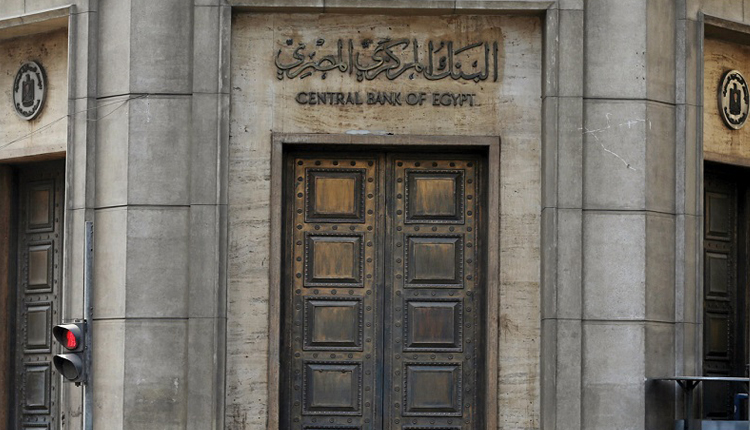S&P expects Egypt’s foreign reserves to fall to $37 billion by June-end amid coronavirus
Rating agency S&P has forecast on Friday Egypt’s foreign exchange reserves – including gold – would decline to about $37 billion by the end of current financial year that ends on June 30.
S&P warned that the coronavirus pandemic would cause a sharp decline in Egypt’s economic activity and current account receipts, while large capital outflows are weighing on foreign exchange reserves.
“We expect foreign exchange reserves (including gold) will decline from a high of $45.5 billion at end-February to about $37 billion by the end of fiscal 2020 (year ending June 30, 2020) and remain broadly stable at about this level in fiscal 2021, covering about five-to-six months of current account payments.”
The rating agency also said in its report it expects a substantial decline in the current account receipts (CARs) during final-quarter of the current financial year and during the first half of the following year.
“The decrease comes on the back of a COVID-19-induced shutdown of tourism (which represents about 16 percent of CARs) since March, as well as lower merchandise exports and Suez Canal receipts following a slowdown in global trade, and a drop in remittances from the Gulf-based diaspora.”
At the same time, S&P said the global financial market volatility has led to large capital outflows from emerging markets, including Egypt.
“We understand there were portfolio outflows of $13 billion in March (nearly 50 percent of total foreign investment in treasury bills and bonds), which resulted in a decline of the Central Bank of Egypt’s (CBE) foreign exchange reserves and domestic banks’ foreign assets.”
Amid these external pressures, foreign exchange reserves declined by $5.4 billion in March, while the currency exchange rate remained largely stable, indicating the Egyptian central bank’s intervention, in S&P’s view.
“We anticipate the CBE will continue to gently shore up the currency to manage inflationary pressures and maintain financial stability. Potentially greater currency intervention would further weigh on foreign exchange reserves, and currency overvaluation could limit the recovery in non-oil exports and services receipts.”
“We assume the CBE will not implement capital controls, given its buffers.”


